Staying hydrated isn’t just about drinking water – it’s also about maintaining the right balance of electrolytes in your body. These essential minerals help your muscles work properly, keep your nerves firing correctly, and balance your body’s fluid levels. When you sweat or get sick, you lose these important minerals, which is why eating electrolyte-rich foods can make such a big difference in how you feel and perform.
1. Bananas
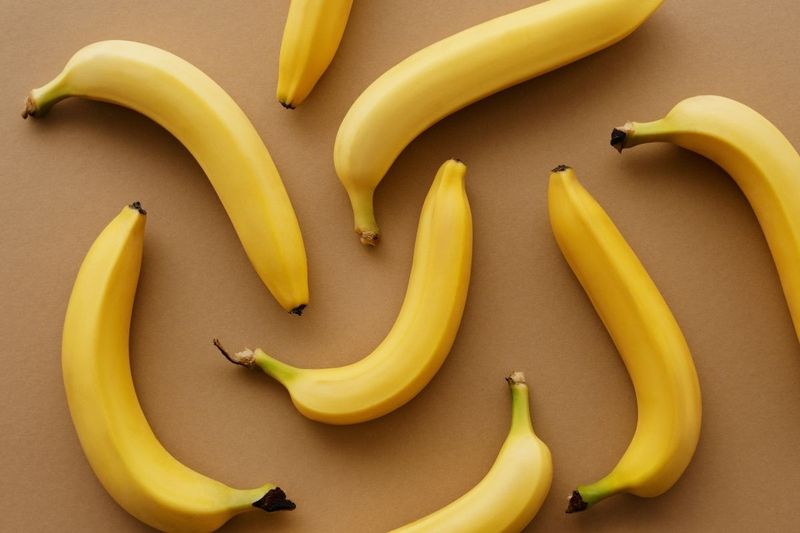
That curved yellow fruit in your kitchen is one of nature’s best sources of potassium, an electrolyte that helps your muscles contract properly and prevents painful cramping. A medium banana delivers about 422mg of potassium—nearly 10% of what you need daily.
Athletes often reach for bananas before or after workouts because they combine easily digestible carbs with hydration support. The natural sugars provide quick energy while the potassium helps maintain fluid balance.
Bananas also contain vitamin B6, which helps your body use and store energy from protein and carbohydrates. Toss one in your gym bag as a portable, no-mess snack that doesn’t need refrigeration or special packaging.
2. Spinach
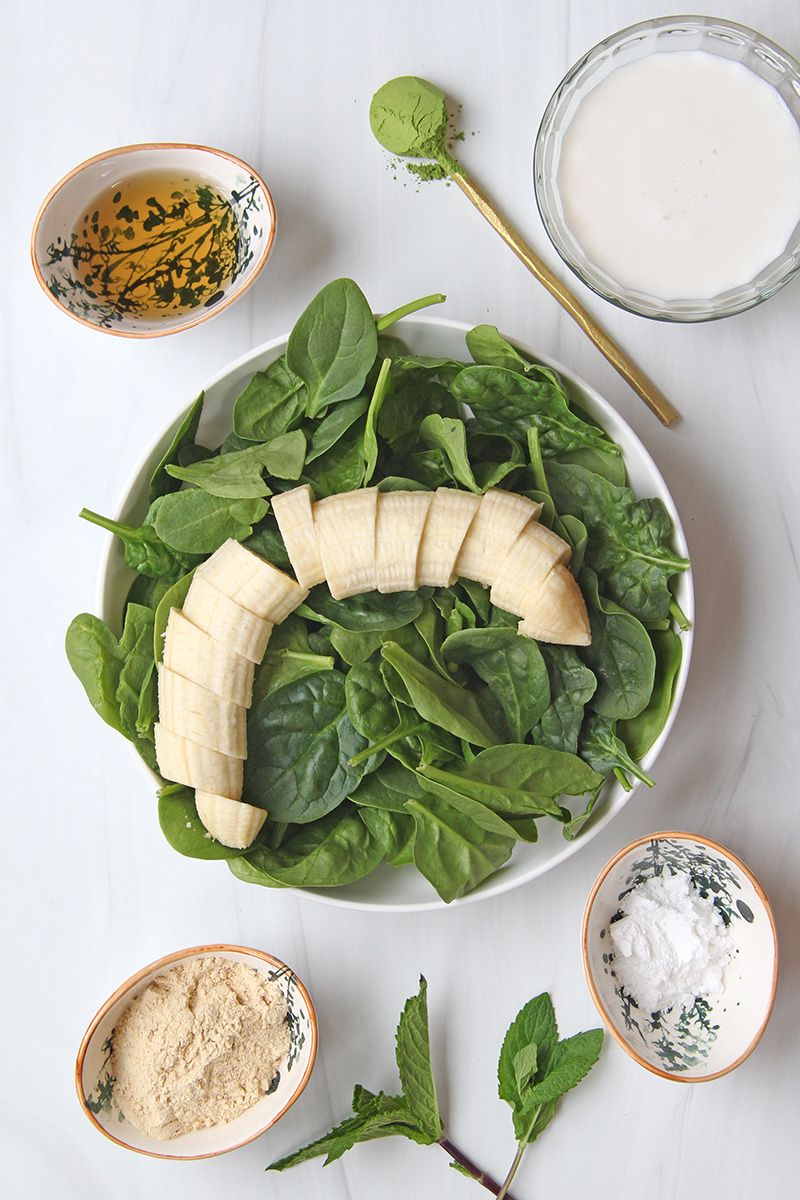
Popeye was onto something with his spinach obsession! This leafy green vegetable delivers an impressive trio of electrolytes: magnesium, potassium, and calcium. Just one cup of cooked spinach provides nearly 40% of your daily magnesium needs.
Magnesium helps your muscles relax after contracting, making spinach particularly valuable after exercise. The calcium supports bone health while also playing a crucial role in muscle function and nerve signaling.
Fresh spinach contains about 90% water, adding to its hydrating properties. Try adding a handful to smoothies—the mild flavor disappears behind fruits while still delivering those essential minerals. Or sauté it quickly with a bit of olive oil and garlic for a side dish that supports your hydration goals.
3. Avocados
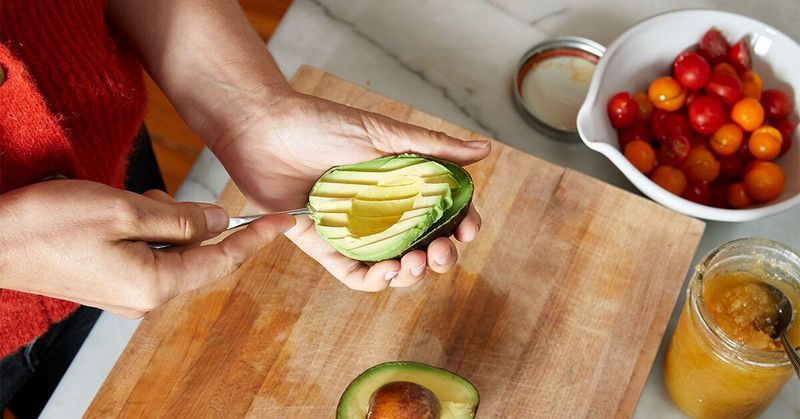
Cut open an avocado and you’re looking at one of nature’s richest sources of potassium—even more than bananas by weight! This creamy fruit delivers about 975mg of potassium per avocado, helping your body maintain proper fluid balance and supporting heart health.
Avocados also contain significant magnesium, which helps regulate muscle and nerve function. The healthy monounsaturated fats in avocados slow digestion, providing a steady release of nutrients and helping your body absorb fat-soluble vitamins.
Unlike many other electrolyte-rich foods, avocados have a relatively low water content but make up for it with their nutrient density. Spread some on whole-grain toast, add slices to your sandwich, or mash it into guacamole for a delicious way to support your hydration needs.
4. Watermelon
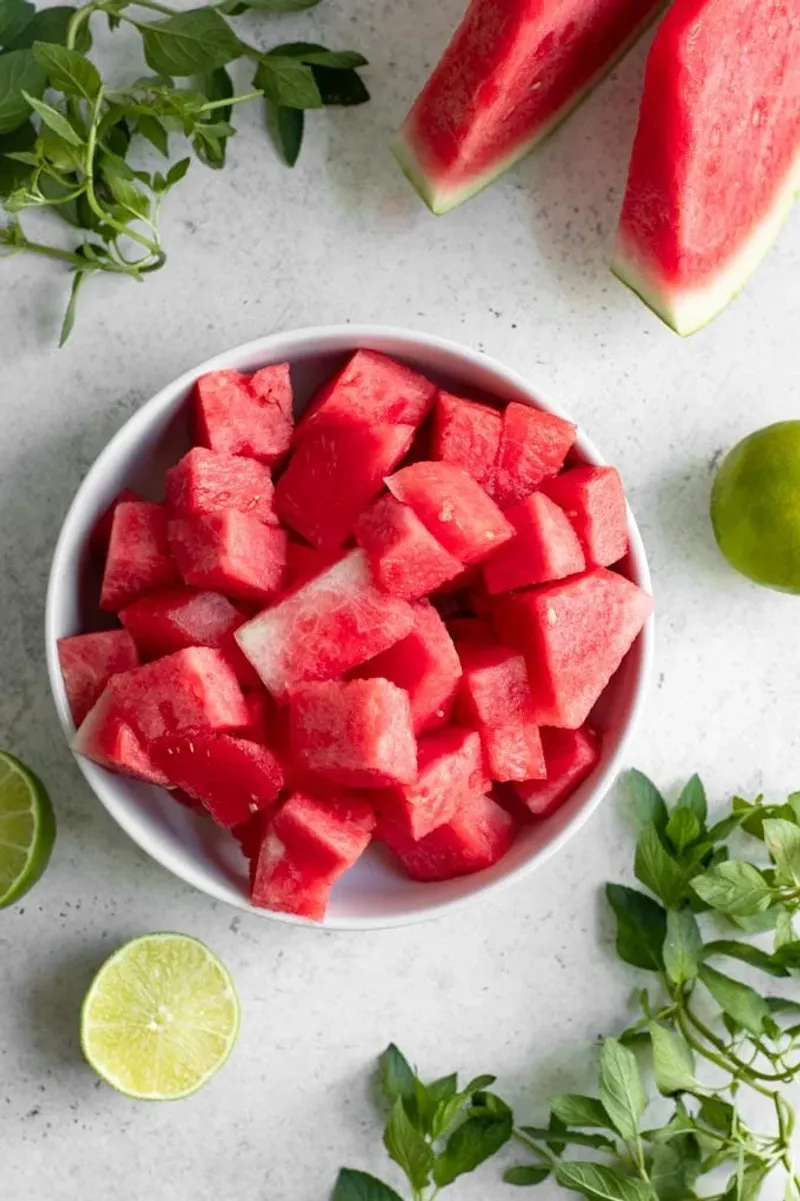
True to its name, watermelon is about 92% water, making it a deliciously sweet way to rehydrate. Each juicy bite delivers natural sugars alongside potassium, an essential electrolyte that helps regulate your heartbeat and muscle function.
The bright red flesh contains the antioxidant lycopene, which may help reduce muscle soreness after exercise. Many people don’t realize watermelon also provides a modest amount of magnesium, supporting over 300 biochemical reactions in your body.
On hot summer days, few snacks can match watermelon’s refreshing combination of hydration and electrolytes. Keep cubed watermelon in your fridge for an easy grab-and-go snack, or blend it into a simple agua fresca with a squeeze of lime and a hint of mint for an electrolyte-replenishing beverage that feels like a treat.
5. Coconut Water
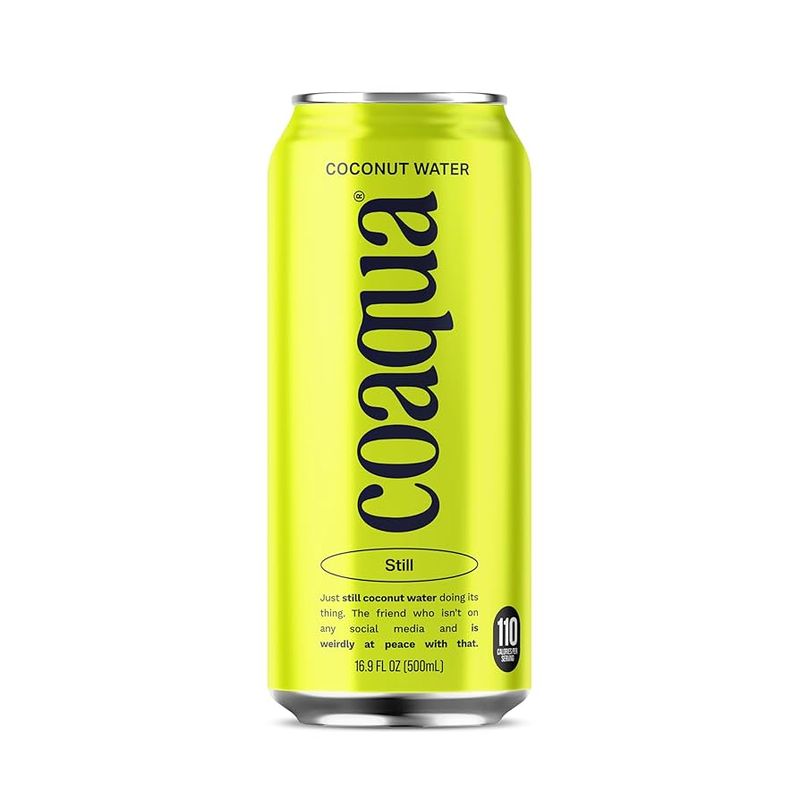
Crack open a young green coconut and you’ll find nature’s version of a sports drink. Coconut water contains a balanced blend of electrolytes including potassium, sodium, and magnesium that closely resembles what’s found in human blood.
Unlike commercial sports drinks, coconut water is naturally low in sugar and calories while still providing that slightly sweet taste. A single cup contains more potassium than a banana, making it especially effective for rehydration after exercise or illness.
Research shows coconut water can be as effective as sports drinks for rehydration after moderate exercise. Look for pure, unsweetened varieties without added flavors or preservatives. You can drink it straight, use it as a smoothie base, or freeze it into ice cubes that add electrolytes to any beverage as they melt.
6. Greek Yogurt
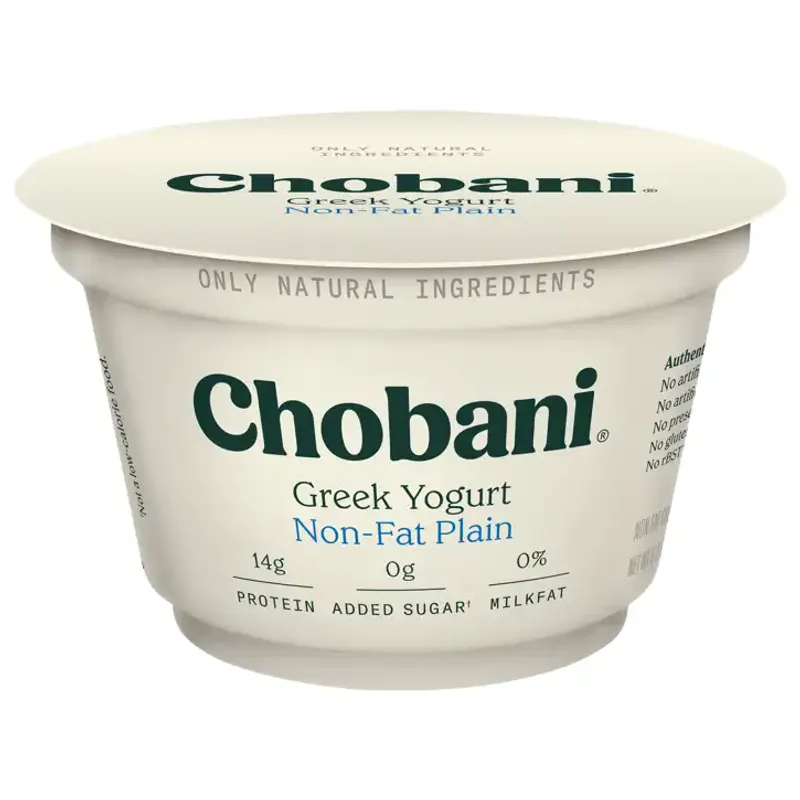
That thick, tangy Greek yogurt in your fridge is secretly an electrolyte powerhouse. Each cup delivers an impressive trio of calcium, potassium, and sodium—key minerals that help regulate fluid balance and support muscle function.
The protein content in Greek yogurt (about 15-20 grams per cup) makes it especially valuable after workouts. Protein helps repair muscle tissue while the electrolytes restore what’s lost through sweat. The live cultures in yogurt support gut health, which can improve your body’s ability to absorb nutrients.
For maximum benefits, choose plain varieties without added sugars. Add fresh fruit for natural sweetness or a drizzle of honey for extra carbohydrates after intense exercise. The combination of protein and electrolytes makes Greek yogurt an ideal recovery food that supports both muscle repair and rehydration.
7. Sweet Potatoes
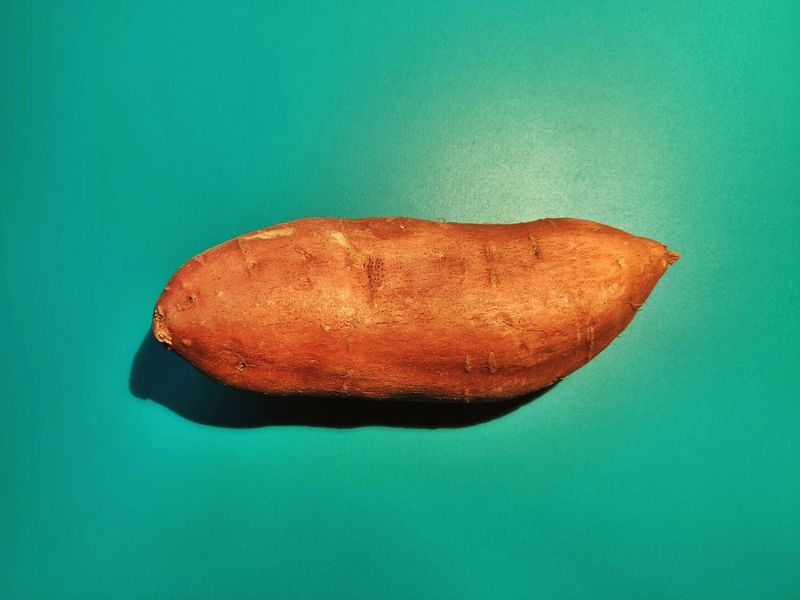
Beneath that humble orange skin lies a complex carbohydrate source loaded with potassium and magnesium. A medium sweet potato contains about 542mg of potassium—more than many sports drinks—making it excellent for muscle recovery and preventing cramps.
The natural sweetness comes from complex carbohydrates that release energy slowly, perfect for refueling depleted glycogen stores after exercise. Unlike simple sugars, these complex carbs won’t cause energy crashes or spikes in blood sugar.
Sweet potatoes also contain beta-carotene, which supports immune function—important when your body is stressed from heat or exercise. Bake a batch at the beginning of the week and keep them in the refrigerator for quick, ready-to-eat snacks. They taste great cold or reheated and pair perfectly with a sprinkle of cinnamon or a small amount of nut butter for added protein.
8. Oranges
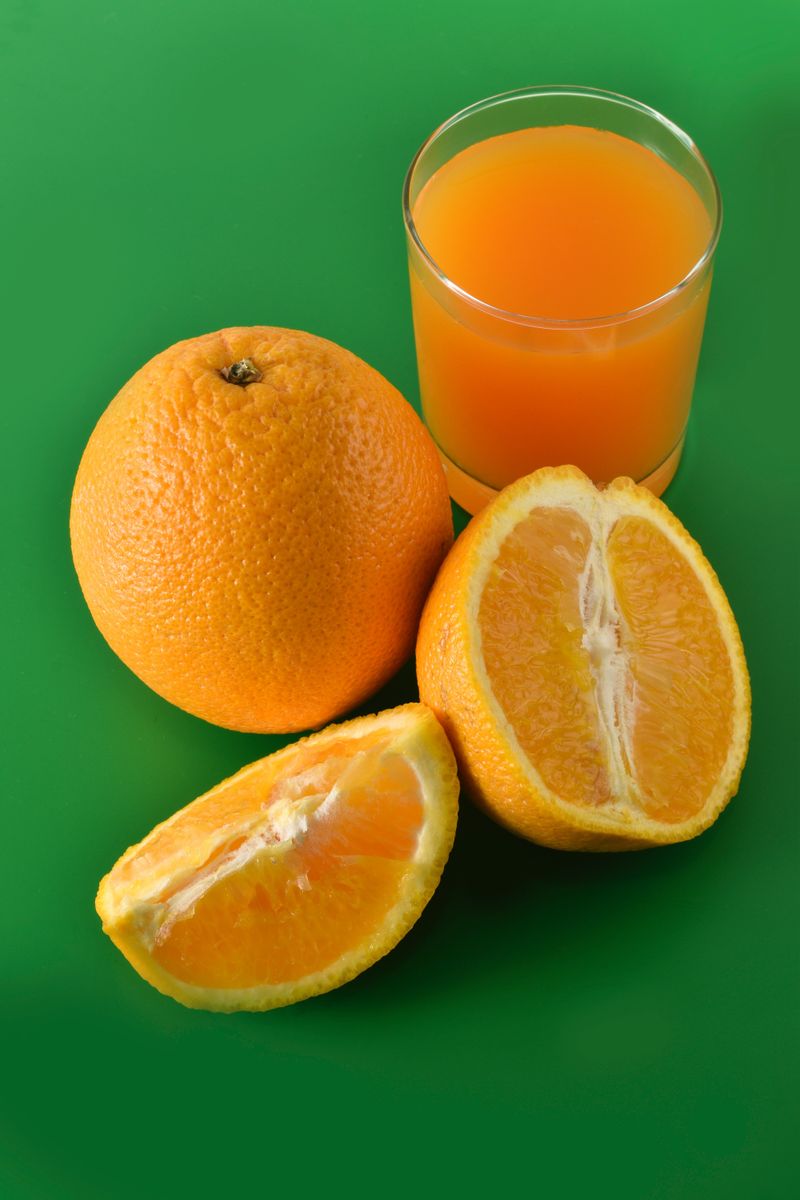
Peel open an orange and you’re unlocking a juicy source of potassium along with immune-supporting vitamin C. The high water content (about 87%) makes oranges particularly effective at hydrating while delivering essential electrolytes.
The natural fruit sugars in oranges provide quick energy while the fiber slows digestion, giving you a more sustained fuel source. Many people focus on oranges’ vitamin C content but overlook their valuable potassium—about 237mg in a medium fruit.
Oranges contain a unique antioxidant called hesperidin that may help improve blood flow and reduce inflammation after exercise. Their portable nature makes them perfect for on-the-go snacking. Try freezing orange segments for a refreshing treat on hot days that slowly releases both hydration and electrolytes as you enjoy them.
9. Milk
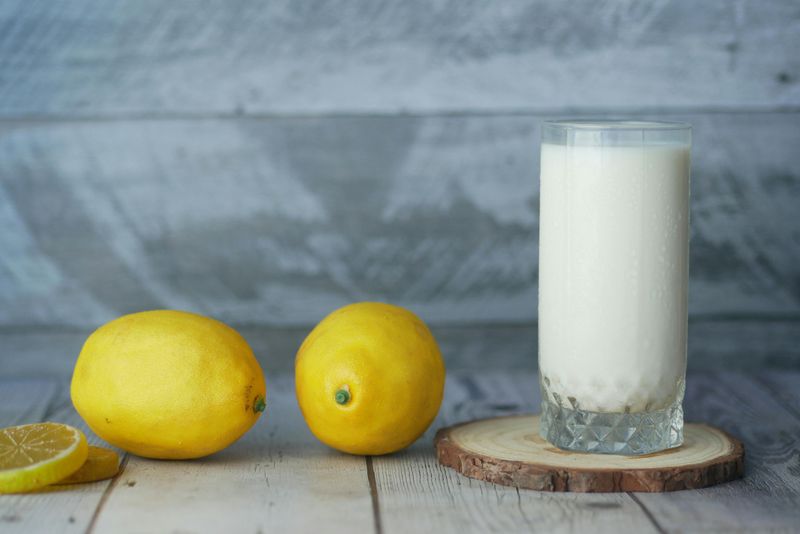
That carton of milk in your refrigerator might be the most overlooked hydration beverage around. Research shows milk can be more effective at rehydrating than water or sports drinks due to its natural balance of calcium, potassium, and sodium.
The protein content in milk (about 8 grams per cup) slows fluid absorption, helping your body retain hydration longer. This makes it particularly effective after exercise or in hot conditions. Milk also provides carbohydrates that help replenish energy stores.
For those who can tolerate dairy, chocolate milk has gained popularity as a recovery drink because it provides an ideal ratio of carbs to protein along with fluid and electrolytes. The calcium supports bone health while also playing crucial roles in muscle contraction and nerve function. Even lactose-free varieties retain these beneficial electrolyte properties.
10. Salmon
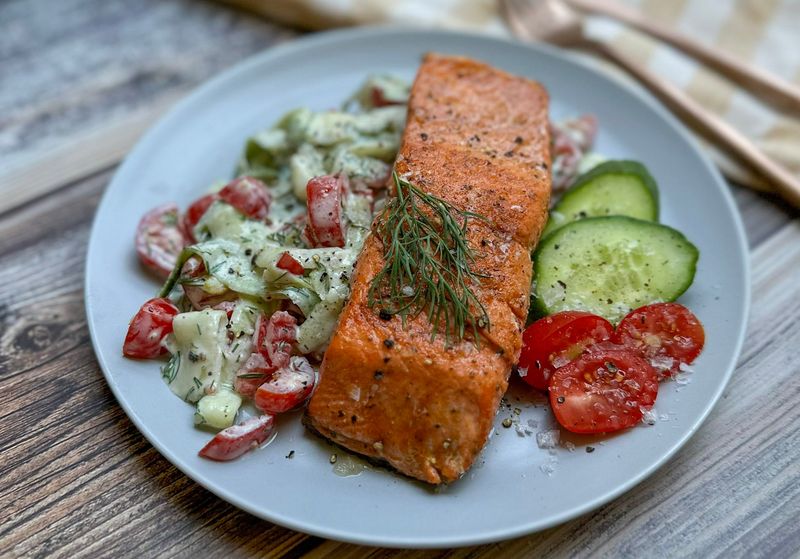
Most people don’t think of salmon as hydrating, but this fatty fish delivers a surprising amount of electrolytes alongside its famous omega-3 fatty acids. A 3-ounce serving provides significant amounts of potassium, magnesium, and sodium—all crucial for maintaining fluid balance.
The combination of protein and healthy fats in salmon helps slow digestion, allowing for better absorption of these important minerals. Magnesium, in particular, plays a role in over 300 enzymatic reactions in your body, including those that regulate hydration status.
Salmon also contains selenium, an antioxidant mineral that helps combat oxidative stress from exercise. Try keeping canned salmon on hand for quick meals—it contains the same electrolytes as fresh varieties. Mix it with avocado for a double dose of potassium or serve it over a sweet potato for an electrolyte-packed recovery meal.
11. Dates
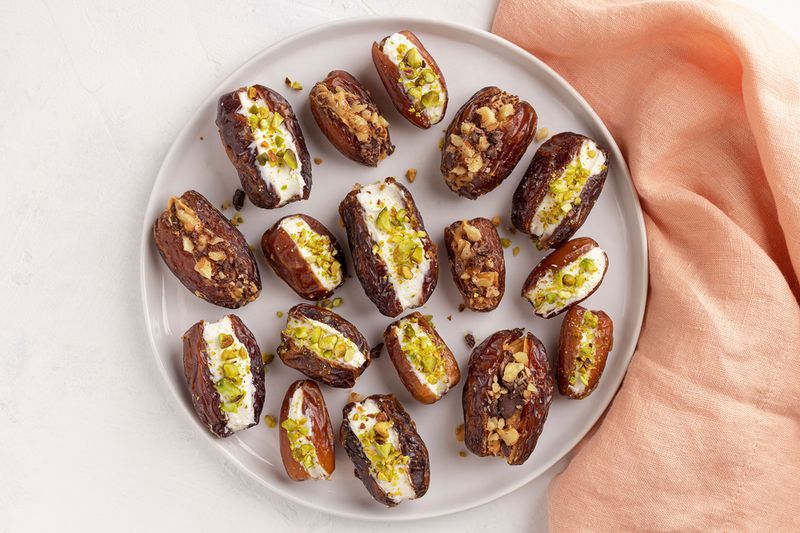
Those wrinkly brown fruits might not look impressive, but dates pack an astonishing electrolyte punch. Just four Medjool dates contain over 668mg of potassium—more than a large banana—making them excellent for preventing muscle cramps and supporting heart function.
Dates provide natural sugars that are easily digested, offering quick energy without processed ingredients. The fiber content helps moderate the absorption of these sugars, preventing blood sugar spikes while supporting digestive health.
Athletes often use dates as natural energy gels during endurance events. Their portable, non-perishable nature makes them perfect for hiking, biking, or any activity where you need compact nutrition. Try stuffing them with a small amount of nut butter for a balanced snack that combines electrolytes, quick carbs, and staying power from healthy fats and protein.
12. Pickle Juice
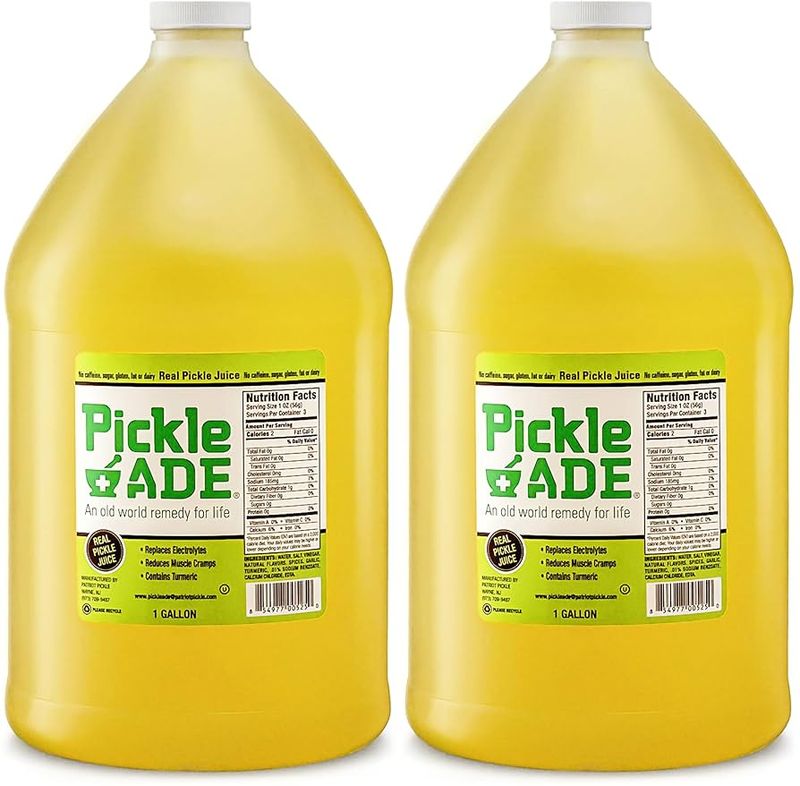
That leftover liquid in your pickle jar isn’t just brine—it’s a powerful electrolyte solution rich in sodium. Many athletes swear by drinking small amounts of pickle juice to quickly relieve muscle cramps during intense activity.
Research suggests pickle juice may stop cramps faster than water alone. The high sodium content helps replace what’s lost through sweat, while the vinegar might trigger nerve receptors that disrupt the cramping reflex. The sour taste can also stimulate salivation, encouraging you to drink more fluids.
You don’t need much—just 2-3 ounces can help address electrolyte imbalances. Some companies now sell pickle juice specifically packaged for athletes. If you’re watching your sodium intake for medical reasons, check with your doctor before using pickle juice as a regular electrolyte source, but for most active individuals, it’s a surprisingly effective natural remedy.
13. White Beans
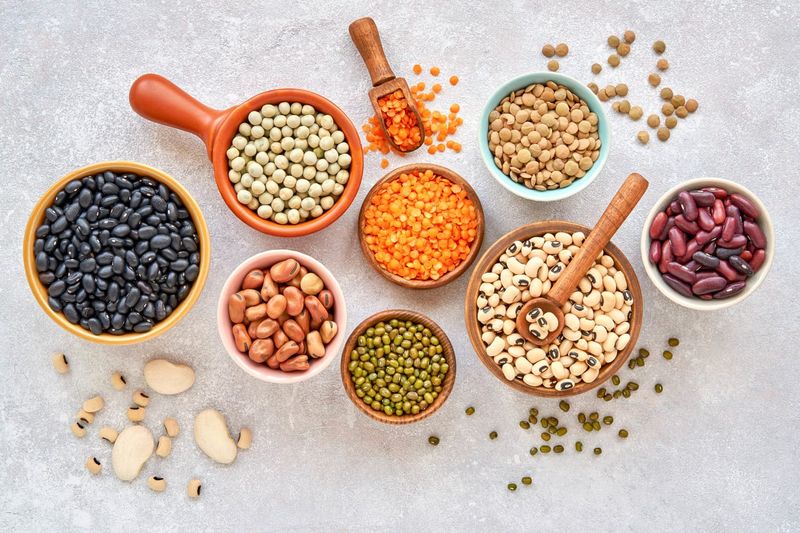
Open a can of white beans and you’re looking at an often-overlooked electrolyte powerhouse. These humble legumes deliver an impressive trio of magnesium, potassium, and calcium while also providing plant-based protein and fiber.
A single cup of white beans contains about 700mg of potassium—more than a banana—plus significant amounts of magnesium that supports muscle function. The fiber content helps regulate digestion and stabilizes blood sugar, preventing energy crashes during activity.
Unlike many electrolyte sources, beans provide long-lasting energy through their complex carbohydrates. Add them to soups and stews, blend them into dips like hummus, or toss them into salads for a protein boost. Their mild flavor makes them incredibly versatile while their protein content (about 15 grams per cup) supports muscle recovery alongside their electrolyte benefits.
14. Strawberries
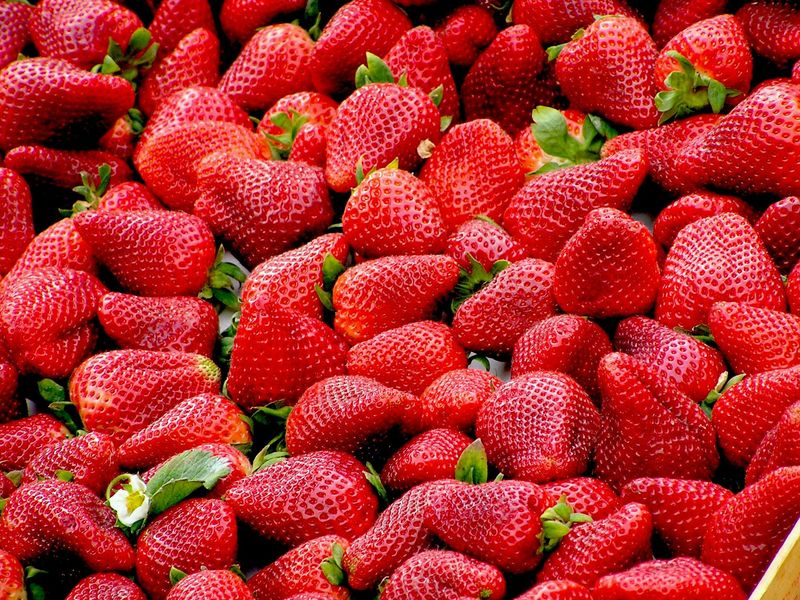
Those bright red berries aren’t just sweet treats—they’re packed with potassium and are surprisingly hydrating at about 91% water. A cup of strawberries provides around 220mg of potassium while delivering only 50 calories.
Strawberries contain natural sugars that provide quick energy, making them perfect before or during activity. The vitamin C content (more than an orange per cup!) supports immune function and helps your body absorb iron—important for oxygen transport during exercise.
The seeds in strawberries provide a small amount of omega-3 fatty acids, which have anti-inflammatory properties that may help with recovery. Keep fresh strawberries washed and ready in your refrigerator for easy snacking, or freeze them for smoothies. They pair perfectly with Greek yogurt for a recovery snack that combines protein, carbohydrates, and multiple electrolytes.
15. Salted Nuts
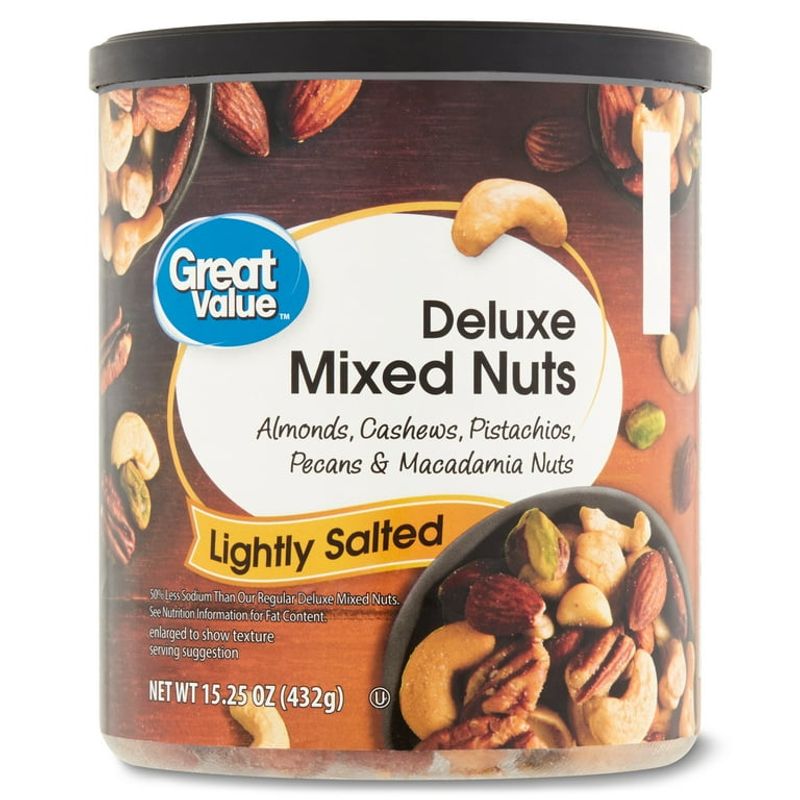
A small handful of salted almonds or cashews delivers a powerful combination of sodium and magnesium—two electrolytes often depleted during heavy sweating. The sodium helps your body retain fluid while magnesium supports proper muscle function and prevents cramping.
The healthy fats in nuts slow digestion, helping your body absorb these minerals more effectively. Almonds are particularly rich in magnesium, with about 80mg in a one-ounce serving, while cashews provide slightly less but offer more iron and zinc.
For athletes and active people, the salt on these nuts isn’t something to avoid—it’s actually beneficial for replacing sodium lost through sweat. Just a quarter cup makes an ideal portable snack that won’t spoil in hot weather. Mix different varieties with dried fruit for a homemade trail mix that balances quick-energy carbs with longer-lasting fats and protein.
Leave a comment